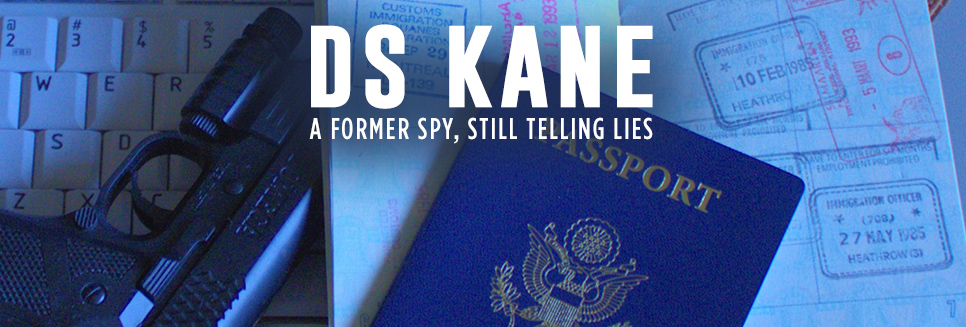Analysts are arranged by country desks. They may or may not receive regional intelligence monitored by competing country desks, and when they do, it may not be as current as it needs to be to understand emerging events. Intelligence collected by country desk analysts often comes from in-country covert operatives who either run networks of collaborator assets, or are themselves espionage operatives with backstopped legends and under deep cover.
Black teams are a different thing altogether. Each team has members with different special skills, and there are skills overlaps across the team. Each skill fits a particular situation the team is likely to face, for example: sniper shooting, explosives, handguns, bladed weapons, safecracking, interrogation, and extreme driving. Their language skills would be a fit to the region where they work. Within a team, there is some amount of competition for team leader, should the current commander be unable to continue in that role. Across teams within a region, there is heavy competition for the best assignments. There is also competition across regions for budget money.
The tensions resulting from these competitive situations across highly skilled and naturally competitive people tends to cause communications problems. And, even more importantly, there is competition across the agencies and services for their own funding. The result is that sometimes, an agency may not communicate a serious situation to another agency that could deal with it if they only knew. Think: The precursor events to 911.


No comments:
Post a Comment